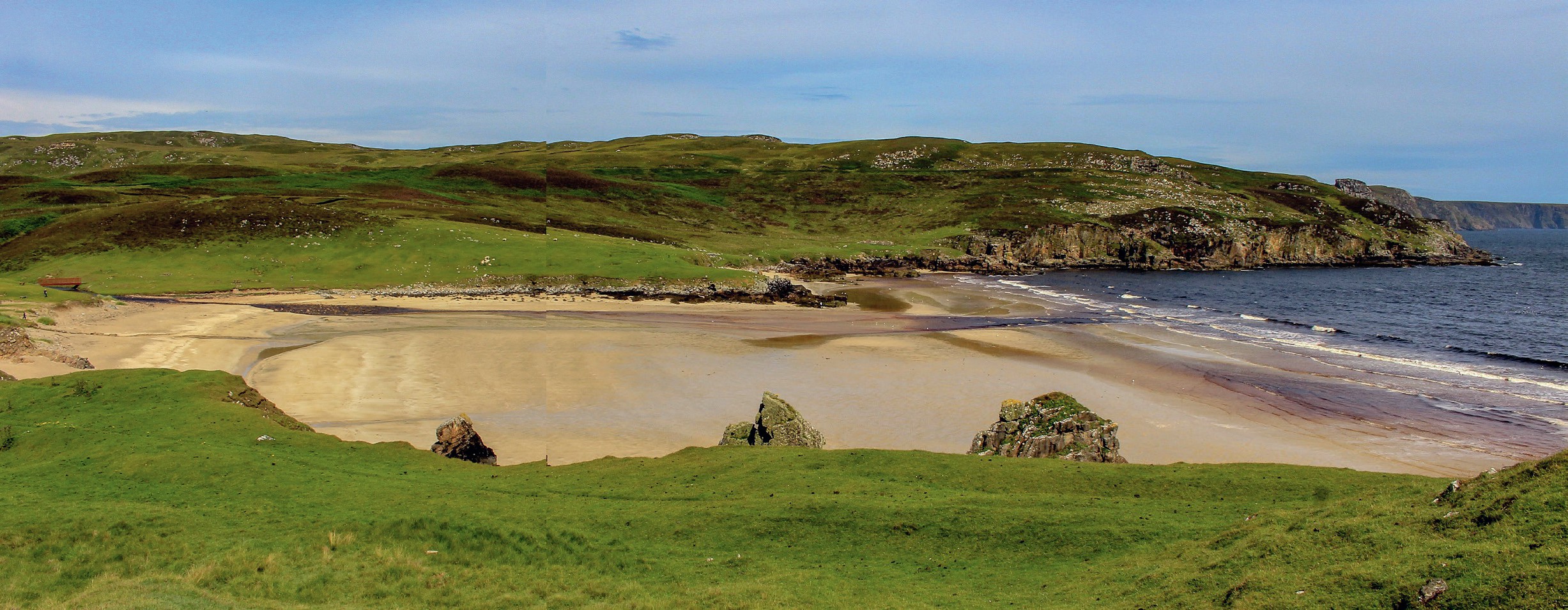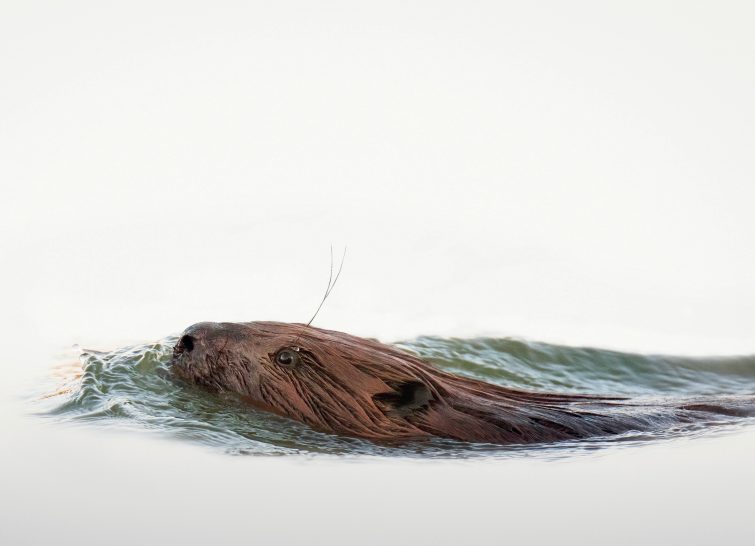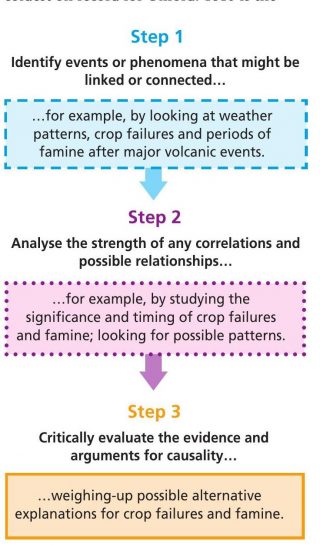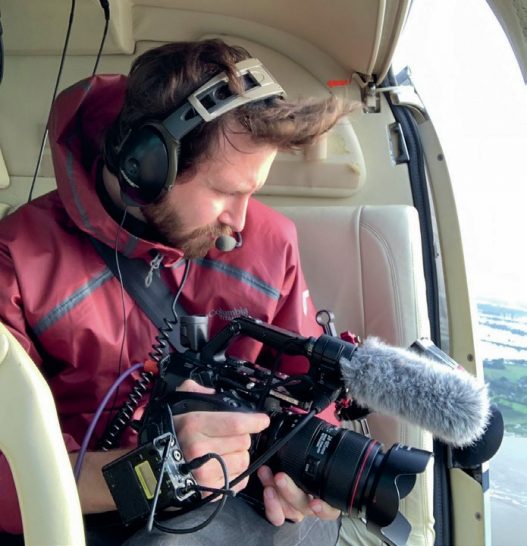
To compensate for their ongoing carbon emissions, more companies and governments are using forestry, peatlands and other land surfaces as a source of carbon credits. While there are benefits to this approach to climate change mitigation, there can be accompanying costs for communities and places. Indeed, these actions can be considered as a new form of land grab. One particular concern is local people’s loss of access rights when land gets used in this way. Figure 1 helps visualise how synoptic links and connections can be established between different core A-level topics through the study of climate grabs in both the UK and more distant places.
Storing carbon to compensate for ongoing new emissions is called offsetting. It involves adding to the size of Earth’s biomass and/or soil carbon stores, for example through afforestation. Various commercial organisations offer offsetting services to clients: consumers pay a small, additional sum of money when they purchase a good or service. The company in turn promises to invest this money, for instance in new forestry, to help offset the carbon footprint of the purchase. At a larger scale, many big companies and governments are now pledging to offset sufficient carbon to eventually claim they have net-zero emissions once all their production, transport or other operations are accounted for.
Your organisation does not have access to this article.
Sign up today to give your students the edge they need to achieve their best grades with subject expertise
Subscribe




